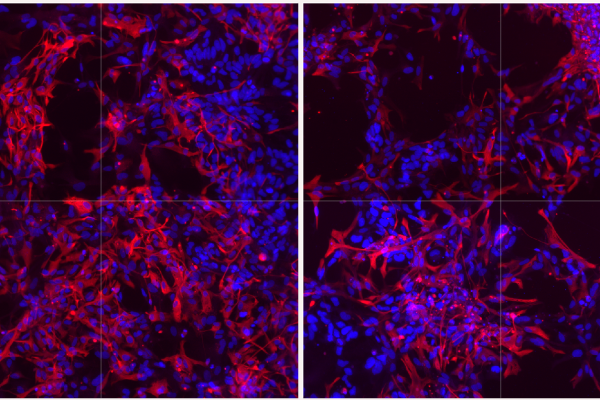ADAPTED
Alzheimer's Disease Apolipoprotein Pathology for Treatment Elucidation and Development
Call: H2020-JTI-IMI2-2015-05
Start date: 01/10/2016
Duration: 42
Area: Neurodegenerative Disorders
The Aim
ADAPTED aims to improve understanding of the function of the APOE gene and the role it may play in the development of Alzheimer’s Disease (AD). This has the potential to establish a completely new list of prospective drug targets and, therefore, future medicines with which to treat the disease. This also could lead to improvements in the way those likely to suffer from the disease are identified, by improving the tests used for early diagnosis.
APOE Gene
Apolipoprotein E (APOE) is a protein involved in the transport of cholesterol in the bloodstream. There are at least three different alleles of APOE known as ε2, ε3 and ε4. Carrying the APOE ε4 gene is the most prominent risk factor for sporadic, late-onset Alzheimer’s disease (AD) which comprises over 95% of AD cases. At least one copy of the APOE ε4 gene is found in approximately 60% of AD cases, with one ε4 allele conferring a threefold increased risk and two ε4 alleles conferring a twelvefold increased risk of developing the disease. Conversely, APOE ε2 protects against the disease. APOE ε4 carriers also have an earlier disease age of onset and the disease progresses faster.




